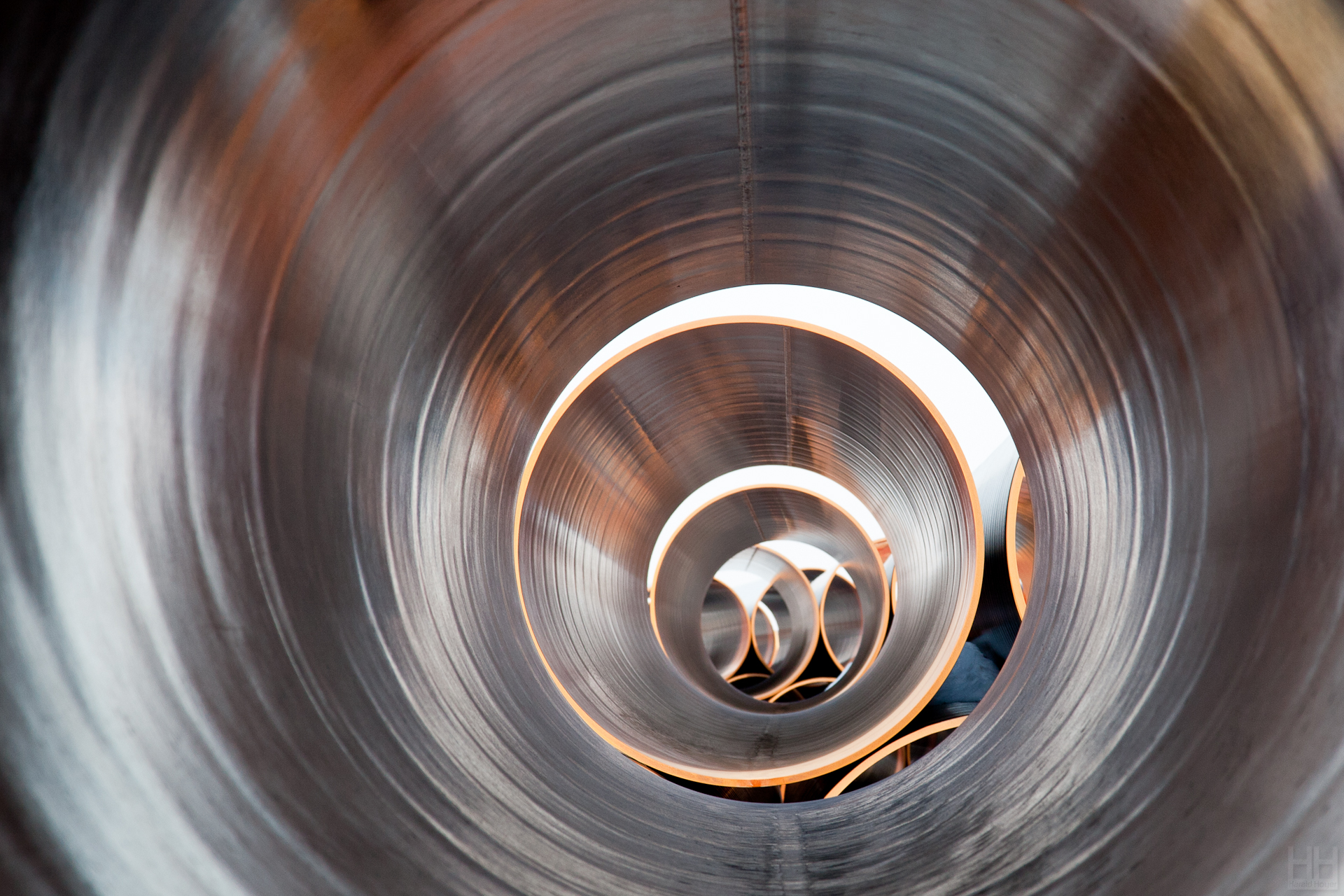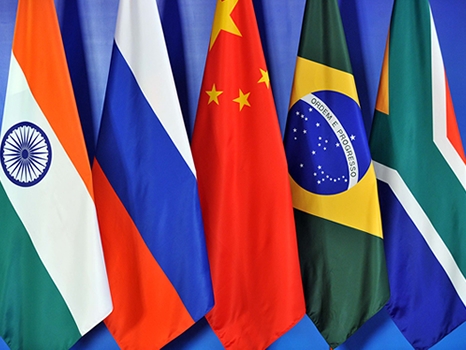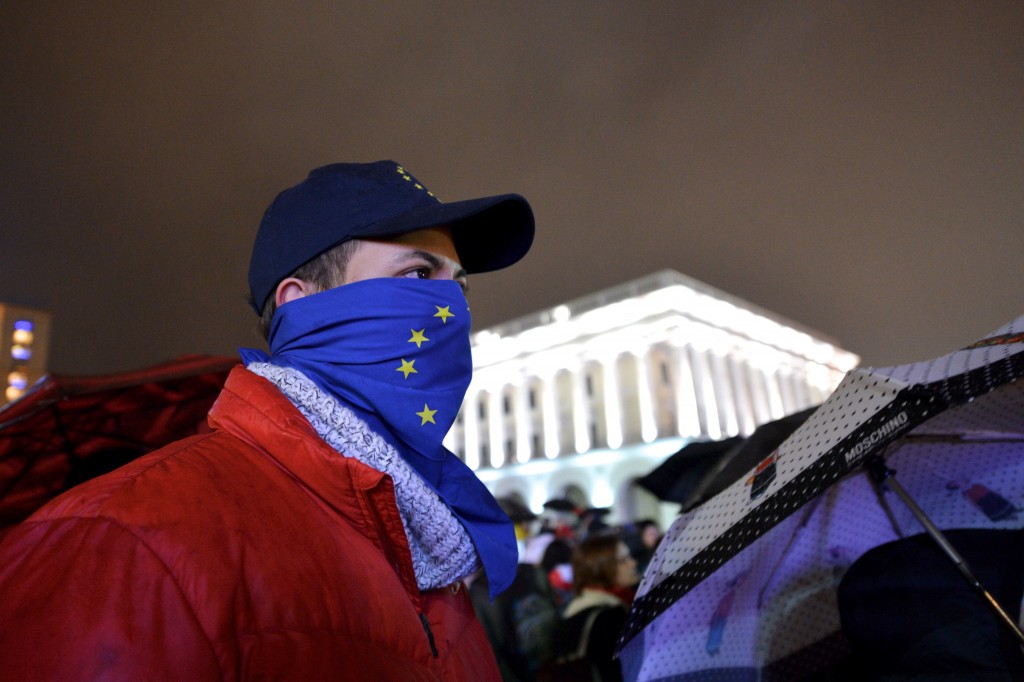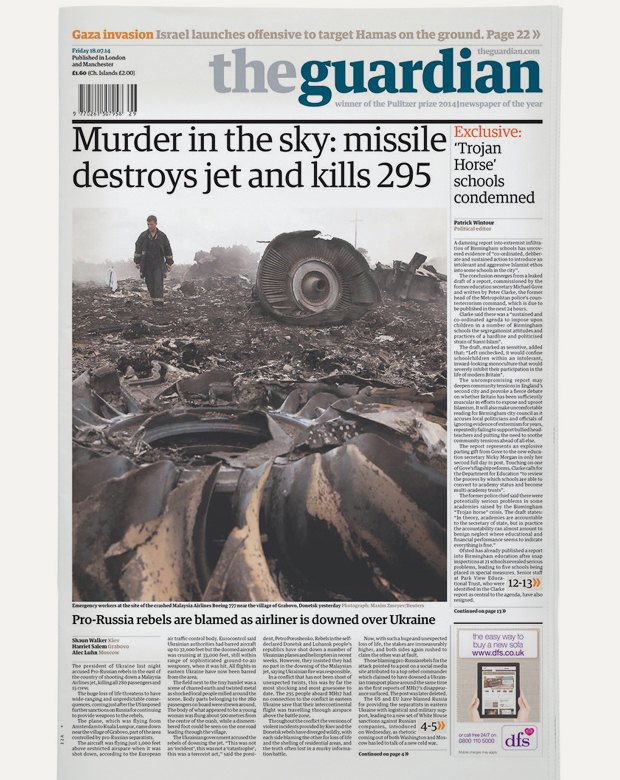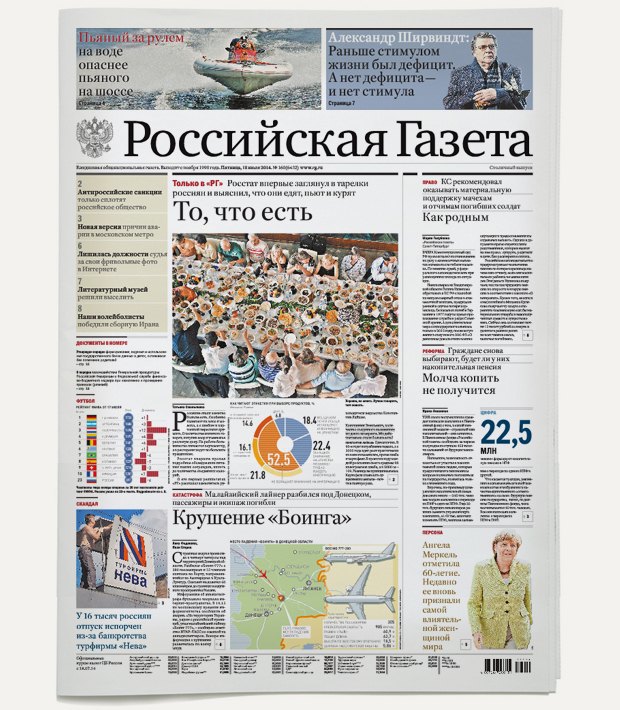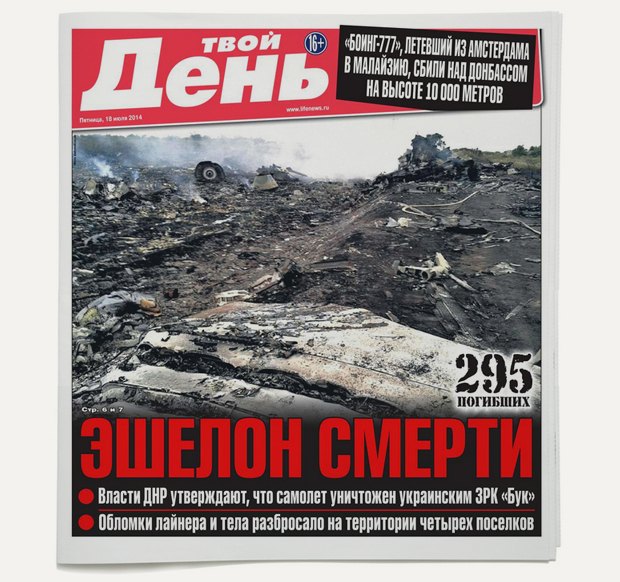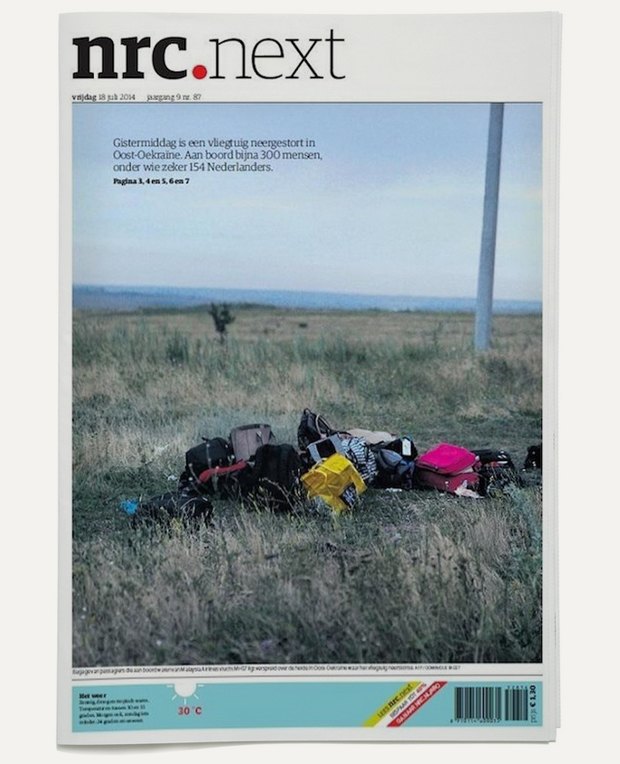
COP26 has refocused the world’s attention on climate action. And the continuing flurry of litigation suggests citizens are now more serious than ever about pressing those in positions of power to address the climate crisis.
Two weeks before COP26, a small NGO was already taking matters into its own hands, filing a claim at the International Criminal Court (ICC) to end impunity for environmental destruction in the Amazon.
The complaint, submitted by Austrian NGO AllRise on 12 October, accuses Brazilian President Jair Bolsonaro and his administration of committing crimes against humanity for their role in fuelling ‘the mass destruction of the Amazon with eyes wide open and in full knowledge of the consequences.’ Bolsonaro, who has been the subject of three previous ICC complaints since he assumed office in early 2019, denies all wrongdoing.
Published on 01-12-21. Read on here

